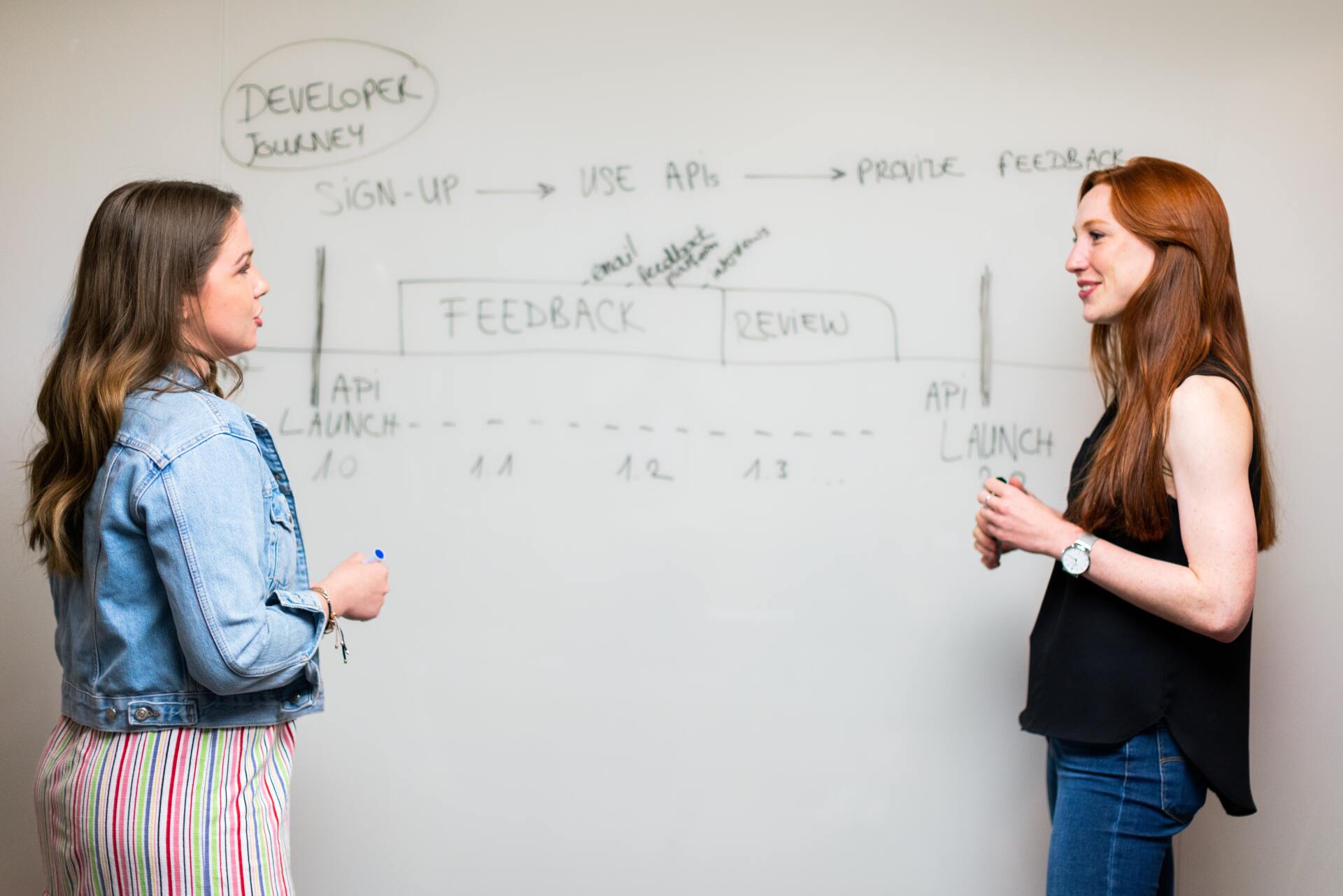Software Architect
What is a Software Architect?
A software architect is a professional who designs and oversees the development of software applications. Their role is to ensure that the software is designed and developed in a way that meets the needs of the end-users, is scalable, maintainable, and efficient.
Duties and Responsibilities:
As a Software Architect, your duties and responsibilities will vary depending on the specific role and project you are working on. However, some common tasks and responsibilities may include:
- Gathering and analysing requirements: The architect is responsible for working with stakeholders, product owners, and end-users to understand the software requirements.
- Designing software solutions: The architect creates a software design that meets the requirements, taking into account scalability, maintainability, performance, and security.
- Choosing the right technologies: The architect selects the right technologies to implement the software solution, taking into account the needs of the project and the skills of the development team.
- Creating technical specifications: The architect creates technical specifications that explain how the software should be developed, including architecture diagrams, database schemas, and interface definitions.
- Overseeing development: The architect oversees the development process to ensure that the software is developed according to the specifications.
- Ensuring quality: The architect is responsible for ensuring the quality of the software by creating test plans, reviewing code, and conducting code reviews.
- Ensure quality:
The software architect is responsible for ensuring that the system meets quality standards, including security, performance, and reliability.
Software Development Jobs
How to become a Software Architect
As a Software Architect, there are several skills and qualifications that are essential to succeed in this role. These may include:
- Strong technical skills: Software architects must have a deep understanding of software development processes, programming languages, frameworks, and technologies.
- Experience in software development: Software architects should be familiar with the software development life cycle and have a good understanding of software engineering principles.
- Excellent communication skills: Software architects must communicate effectively with different stakeholders, including clients, project managers, developers, and testers.
- Problem-solving skills: Software architects should be able to identify potential risks and develop contingency plans.
- Leadership skills: Software architects should be able to delegate tasks effectively and provide guidance and support when needed.
- Business acumen: Software architects should should be able to align software solutions with business goals and objectives.
- Qualifications:
A bachelor's or master's degree in computer science, software engineering, or a related field is often required for software architect roles. Certifications in specific technologies or methodologies such as TOGAF, AWS, or Agile can also be valuable.
Software Developer Salary Expectations
According to Indeed Salaries, the average salary for a Software Developer is £76,072 per year. The starting salary may depend on experience, location and company.
View our
Tech Salary Guides broken down per location for more information.

Software Architect Experience Requirements
Experience requirements for Software Architect can vary depending on the specific role and company. However, here are some general experience requirements that are commonly sought after by employers:
- Strong software development skills: You should have a deep understanding of programming languages, software development frameworks, and development methodologies.
- Experience in designing and implementing software systems: You should have experience in designing, building, and deploying software systems, including experience with the full software development lifecycle.
- Familiarity with various software architectures: You should be familiar with various software architectures, such as client-server, microservices, and event-driven architectures.
- Knowledge of software design patterns: You should have a deep understanding of software design patterns and be able to apply them to solve common design problems.
- Familiarity with relevant technologies: You should be familiar with the technologies that are relevant to the systems you are designing, such as databases, operating systems, and networking protocols.
- Leadership skills: You should be able to lead a team of developers, communicate with stakeholders, and make strategic decisions about the architecture of a system.
- Continuous learning: You should be committed to continuous learning and staying up-to-date with the latest trends and technologies in software development.
Software Architect Interview Questions
- What is your process for designing software architectures?
- What is your experience with micro-services architectures? What are the benefits and challenges of using micro-services?
- How do you prioritise architectural decisions when designing a system?
- Can you describe a time when you had to make a difficult architectural decision? How did you approach it?
- How do you ensure that a software architecture meets non-functional requirements such as scalability, security, and performance?
- Can you describe your experience with cloud-based architectures? What are the benefits and challenges of using cloud-based technologies?
- How do you ensure that the software architecture aligns with the business goals and objectives?
- Can you explain the difference between horizontal and vertical scaling? When would you use each?
- Can you describe the architectural patterns you use most often in your work?
- Can you give an example of a successful software architecture you have designed? What made it successful, and what challenges did you face in designing it?
For more information and advice on interviewing check out our blogs below:
How to succeed in a Technical Interview
How to prepare for your interview






